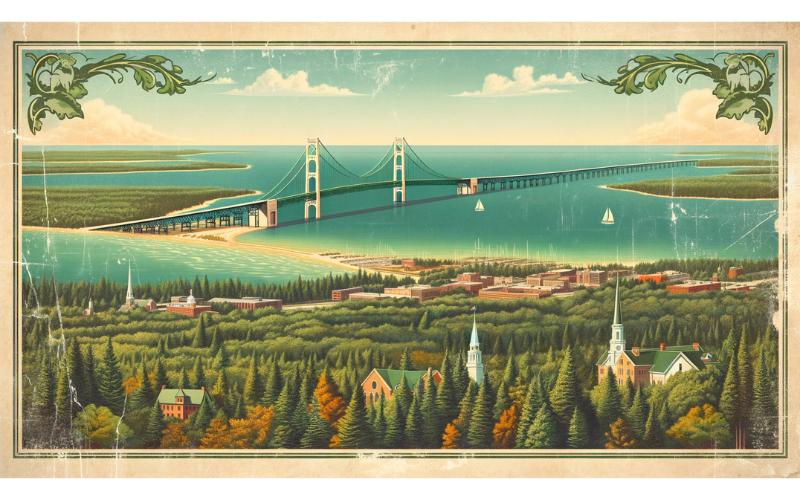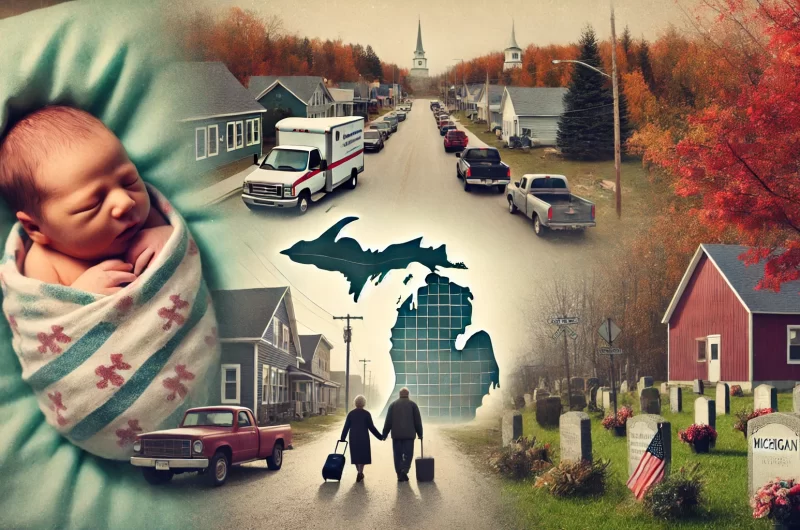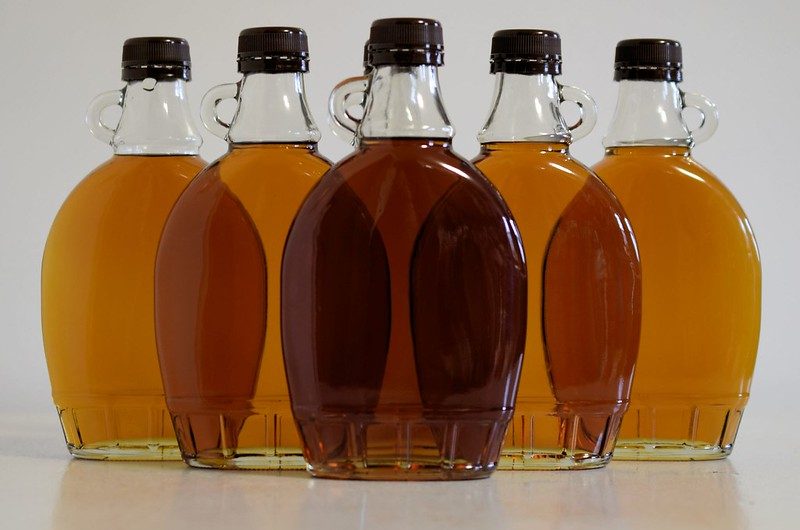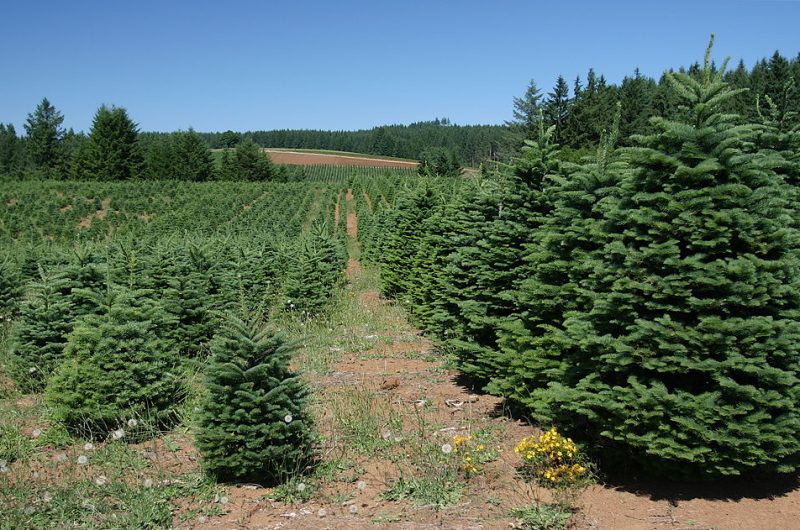Neighbor, How Stands the UP?
The opinions expressed in this publication are those of the authors, and do not necessarily reflect the opinions or views of Rural Insights or its members.

To paraphrase Stephen Vincent Benét, “Neighbor, How Stands the UP?” is a question on the minds of all who wander there. As the pandemic fades, the answer must become “It stands as it stood, rock-bottomed and copper-sheathed,” becoming even better than before.
To do so will require skillful navigation of a wide variety of challenges. Before the pandemic, the “normal” economy worked across a well-known set of principles. Every business owner tracked supply and demand, operating costs versus profit, compliance costs/constraints and opportunity.
Successful differentiation improved competition–that is, how did the offering of different businesses compare? Cost, quality, scarcity, availability–all standard concerns requiring critical attention every operating moment.
The challenges imposed by the pandemic disrupted almost all of these basic principles. Supply lines into and out of the UP were impacted as producers closed facilities and stopped shipping goods. Demand for basic necessities remained relatively constant (not counting panic buying), but prices increased due to a variety of reasons.
Even while closed or working under reduced conditions, the full load of operating costs remained, while profits waned due to barriers to customer access. Many stores closed, but rent and other costs still needed to be paid. Unemployment rose significantly. As existential risks mounted, businesses and consumers inside and outside the UP faced urgent pressure to mitigate them.
And then a whole new set of risks began to emerge. Ensuring facilities were safe for employees and customers required additional expenditures for infrastructure improvements. Payment processors such as PayPal, Stripe, and Square–the lifeblood of many small businesses–instituted new policies to withhold payments to small businesses to hedge against potential losses from the many refunds of returned goods, cancelled vacation travel, and a laundry list of other defaults as a result of pandemic-time consumer behavior.
It’s not hard to understand why cash-strapped businesses and Yoopers are struggling.
How then stands the UP–and where does it go from here?
For me, that question speaks to the very heart of why I love the UP It shines when the world puts it under pressure. At a time when the world economy struggles in uncharted territory, Yoopers are used to living in a place without any roads, or at least a few two-rutters!
In the UP you must always find your own path, be your own self, and live your own life. Whether you head for the hills, or settle into the sacred stillness of a UP forest, there are always ways to go wherever you wish.
When most communities struggle, the UP stands united tall in generosity, Love of Local, and compassion. For most it is not enough to stand successful alone in the UP, but to care for the wellbeing of others as well.
These characteristics have always been the trail blazes left behind by the Yoopers who shared this place before us. For me, these have always been the most enduring guideposts.
Supply and demand are quickly returning to normal–faster in the UP than in most other parts of the state. Operating costs remain at approximately the same level as before, although most businesses are still running behind on profitability due to three months of lower sales. Several compliance restrictions remain in place, although these are expected to quickly diminish–and let’s hope our communities recognize the peril of raising compliance costs (taxes) at a moment when many are so cash-strapped.
Unemployment will decrease as the tempo of business operations increases, and many employees will return to their old jobs. The innovation demonstrated by many businesses during the height of pandemic restrictions will fuel even more robust differentiation in the marketplace–creating and retaining add-on value services such as online shopping, increased home delivery, virtual workplaces, and other opportunities that substantially expand offerings and market access.
The pace of change that seemed scarcely possible before the pandemic will be adopted as ubiquitous expectations moving forward.
“Neighbor, How Stands the UP?”
It is a place of freedom and sincerity, where most find inspiration in the language of the forests, the reverie of its rivers, and the sermons in its stones. The Love of Local in everything.
It is a place where you can find your own path.
It stands.






Well, the pandemic isn’t fading. The UP is doing well, but approximately half of the country is showing an increase in case numbers. What might happen as we open and travelers visit?
You make it sound pretty rosy here. However, poverty, substance abuse, domestic violence, child neglect, and other ills are large concerns. We unite for some causes yet racism and prejudice abound. Look at Marquette‘s refusal to change our high school’s logo which many people find insulting and degrading. Many of our young people leave for employment elsewhere. We say we honor individualism but we do so for the most part only within proscribed boundaries, those that don’t threaten our our way of life.
As we deal with the aftermath of the pandemic and an increased awareness of police violence across the nation, let’s not rush to get back to the way we were, only bigger and faster. Can we use the experience of the past several months to work together and figure out ways of valuing people who we have ignored or forgotten? To make sure no one is isolated from society (unless they want to be so 😊), to ensure that everyone has food, healthcare, transportation, and whatever they need to live productively and contentedly.
We are a very special place indeed, the people, the towns, the water, rocks, and trees. But like everywhere, we can continue exploring ways to include more people in our lives and in our communities.
Here in Austin the bars have closed again it’s a all time high. Thank God I haven’t had to close again.
All parks, lake access and resultant s went down to 50% people are stupid and not following the rules. 35 and under are getting it. If I get it I’ll be gone. All masked required. I missed my Michigan vacation. I moved my daughter she’s finally out of the house at 28. Happy 40 years!
Thanks for the article, Bill. Well done. The UP remains special, even during this pandemic. The natural environment and space has become even more important and I assume more appreciated these days. And, as I see how many are coping with today’s challenges, the grit and fellowship of true Yoopers would be a valuable gift for so many in other parts of our country and world. Again, well done.